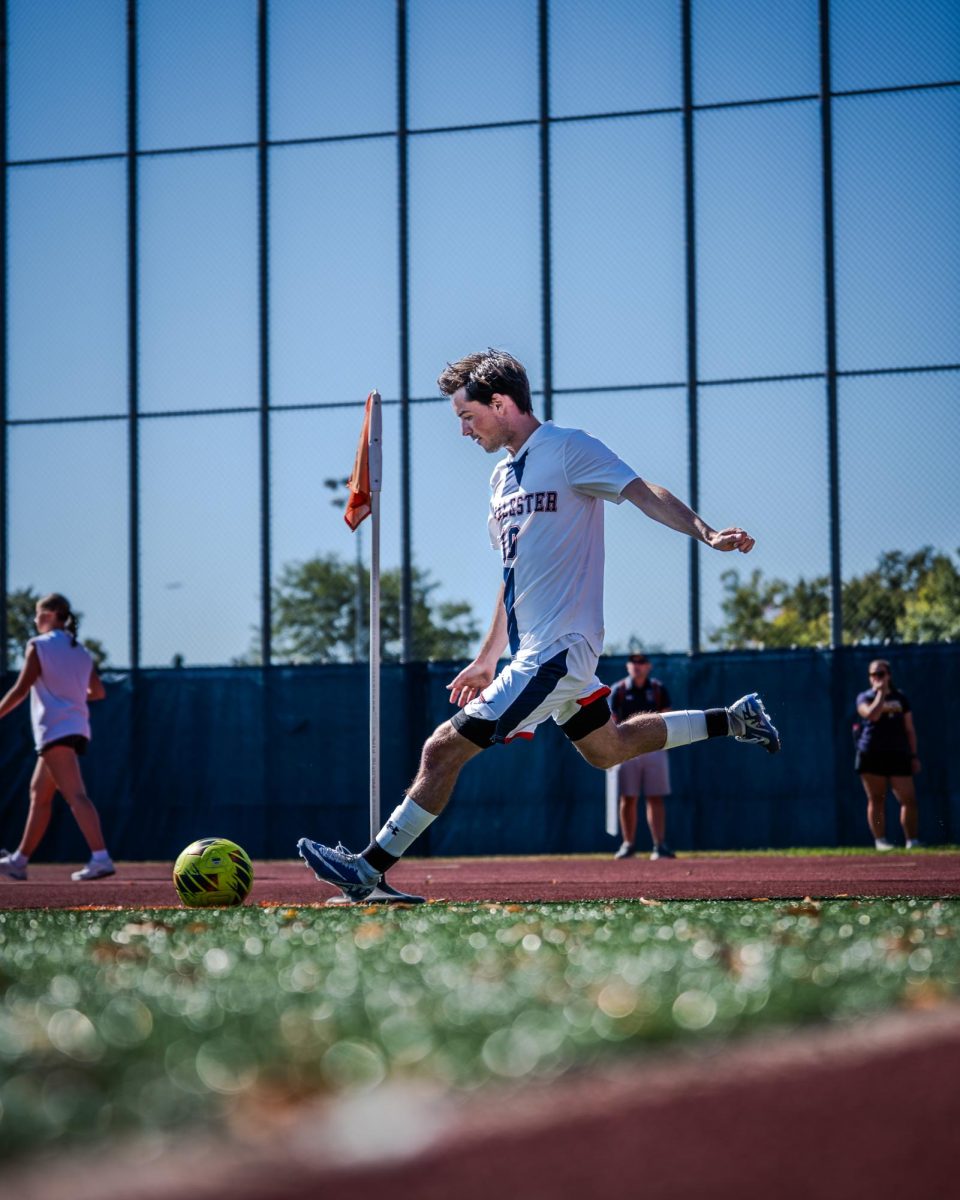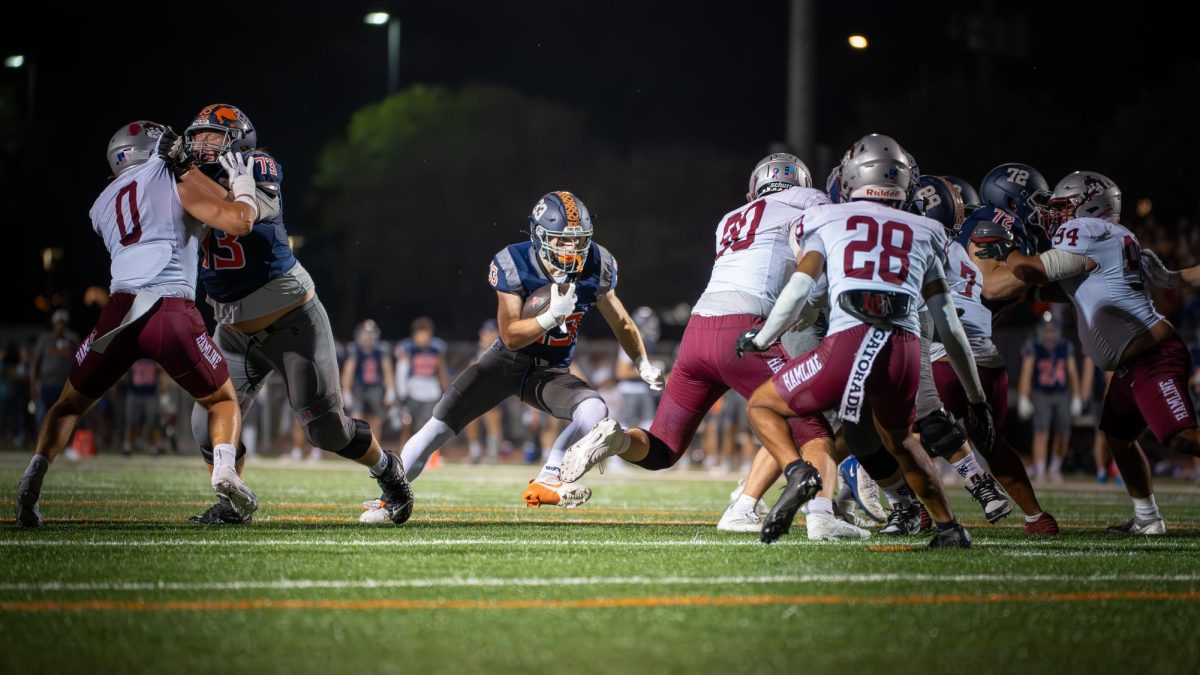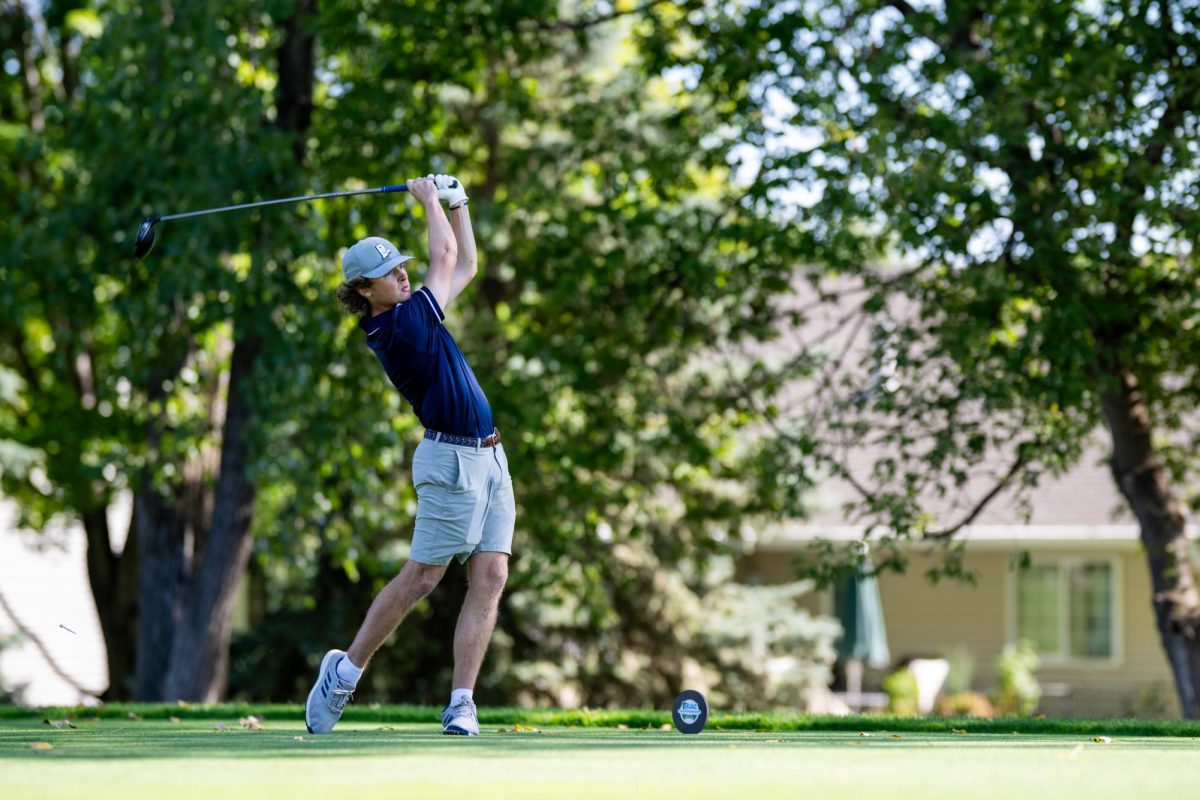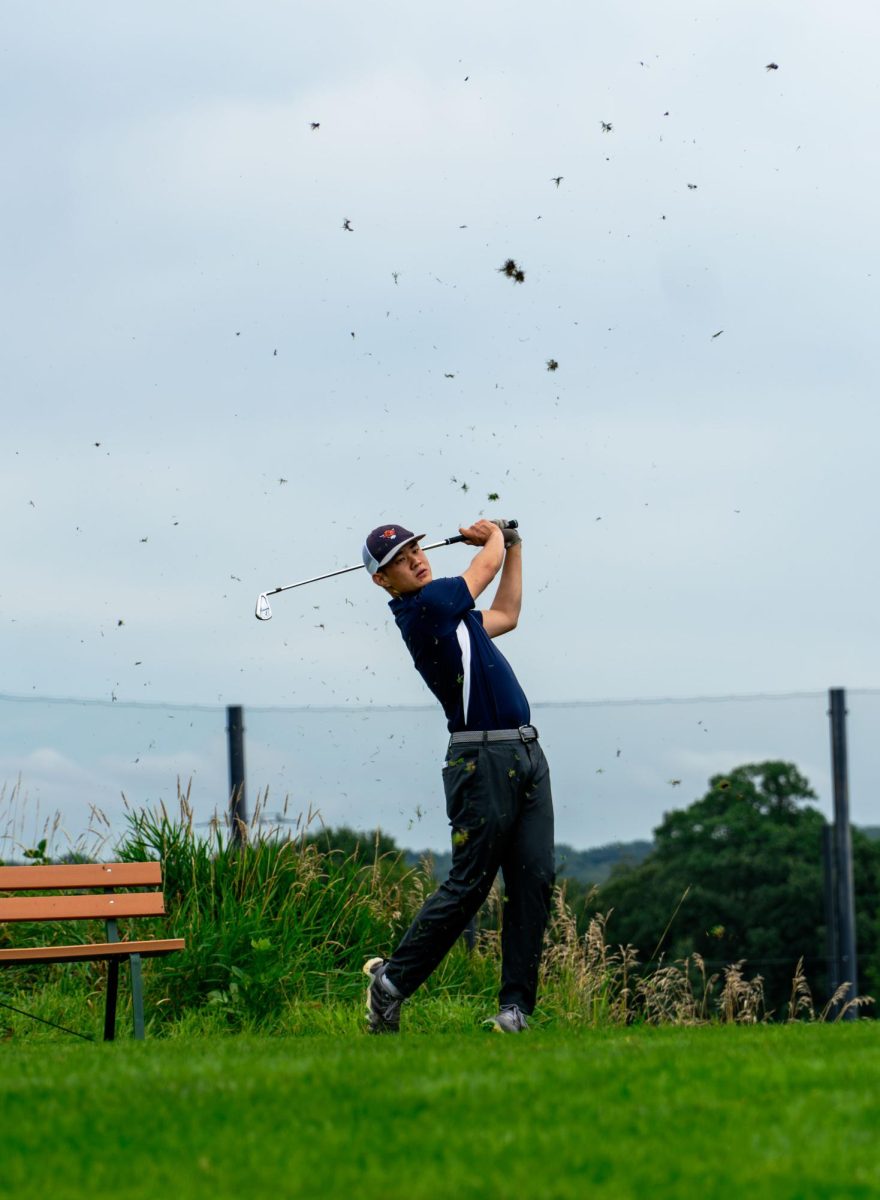On Tuesday, the NCAA announced that the Southern Methodist University basketball program would be banned from postseason play for the 2015-2016 season and that head coach Larry Brown would be suspended for 30 percent of the team’s games. The ruling was released following a lengthy investigation into alleged academic fraud at SMU. Among other violations, Brown and his staff are believed to have helped multiple players, including guard Keith Frazier, become academically eligible to play through illegal means.
This is not Brown’s first run-in with NCAA justice; on the contrary, he’s a well-known rule breaker. The 75-year-old has led three Division I programs in his career, making stops at UCLA, Kansas and SMU, and has now saddled each of them with postseason bans and NCAA sanctions. In 2002, somewhere between his second and third violations, Brown was inducted into the Basketball Hall of Fame.
Giving a known cheater and repeat offender the highest honor in basketball may seem counterintuitive, but it is not uncommon. The temple to the game in Springfield, Massachusetts pays tribute to many who refused to play by the rules both before and after their induction. Larry Brown is just another in a long line of misbehaving head coaches to be enshrined among the game’s greats.
Among his nefarious companions in Springfield are Jerry Tarkanian, Jim Boeheim and the infamous John Calipari. Tarkanian led the University of Nevada-Las Vegas to a National Championship in 1990, the pinnacle of a historic coaching career. Yet, “Tark the Shark” also got UNLV slammed with NCAA sanctions several times, the last of which culminated in a series of lawsuits between the coach and the NCAA. He was inducted into the Hall of Fame in 2013.
Boeheim, a legend at Syracuse University, ranks 6th all time in Division I coaching wins and has led the Orange to three different appearances in the national title game, winning it in 2005. In 2015, the program was forced to vacate 108 wins and lost 12 scholarships over a four year period as the result of an investigation into various rules violations. Boeheim received his bust in Springfield in 2005.
Calipari is perhaps the most decorated — both positively and negatively — of the group. During his tenures at the University of Massachusetts-Amherst, Memphis University and the University of Kentucky, he has coached dozens of future NBA stars, gone to the final four countless times and won the 2012 National Championship. Even more impressively, he is the only coach ever to have two final four appearances vacated at two different schools due to NCAA violations. He is the preeminent example of a coach who has broken the rules, been caught and doesn’t care one bit. His antics earned him a spot in the Hall of Fame in 2015.
All four of these coaches have been caught cheating, been punished accordingly by the NCAA and kept right on doing what they were doing. They all continued to live outside the rules and thus continued to win and subsequently were all rewarded with the sport’s highest honor. Their obvious lack of regard for any sanctions that might eventually be sent their way has presented a clear problem that the NCAA must address.
The punishments given to coaches and programs who violate the rules often seem crippling: loss of scholarships, postseason bans, suspensions and vacated wins all attack the lifeblood of a college basketball program. Yet, for some reason, this existing arsenal of disciplinary actions clearly isn’t enough to prevent the game’s best coaches from breaking the rules again and again.
Recruiting and academic violations like these are the most consistent issues that the NCAA has to deal with, ones that they regularly call primary concerns. If the topic is really a priority, then the gravity of the punishments given out needs to reflect that and needs to be such that some prevention of future infractions actually occurs.
The middle-ground in which the NCAA currently resides on this issue is counterproductive. The sanctions they give out are clearly not severe enough to prevent coaches, even those who are bound for immortality in the Hall of Fame, from breaking the rules.
The NCAA needs to end the widespread breaking of recruiting and academic rules by turning its attention to the coaches who direct, or at least fail to stop, these transgressions. A larger scope of sanctions, including multi-year suspensions and heavy fines for offending coaches, should be on the table. Otherwise, the integrity of the NCAA will continue to be compromised, and their most visible and powerful figures will continue to be their most polarizing ones.







Gordon Payne • Sep 11, 2019 at 10:16 am
I am glad to see this you tube video at this website, so now I am also going to add all my video tutorials at YouTube website.
Felicity Sharp • Sep 10, 2019 at 4:57 am
Hi friend, what a quality is! For this YouTube video, I am in fact happy, since I have never seen fastidious quality YouTube video earlier than,
Lucas Piper • Sep 8, 2019 at 2:04 am
magnificent post, very informative. I ponder why the other specialists of this sector do not realize this. You should continue your writing. I’m sure, you’ve a huge readers’ base already!